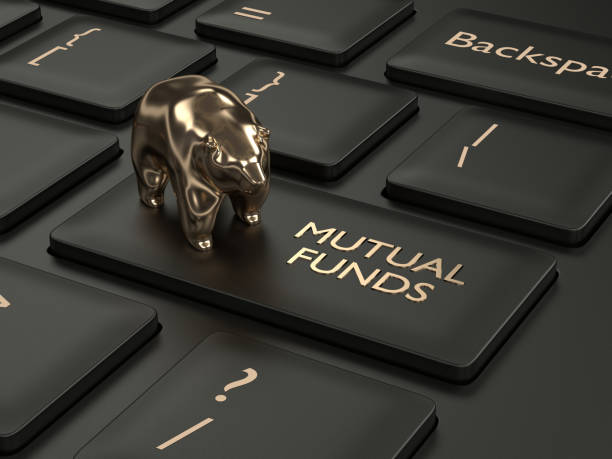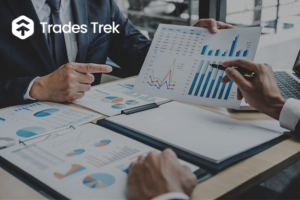A mutual fund is an investment scheme that involves collective investment into various securities.
Practice investment strategies used on the Nigerian stock market for free without risking your own money. Download Trades Trek Stock-Trading Simulator on Android and IOS
Investors pull their resources together to invest in a professionally managed fund. This helps to reduce risk exposure and provides investors with access to a well-diversified investment portfolio.
How Do Mutual Funds Work?
Investors pool their resources together and then distribute them across a range of securities, such as bonds, equity, and stocks. And sometimes a combination of two or more securities. Fund managers make decisions regarding asset distribution, and risk management to maximise and sustain profits.
Mutual Funds on the Nigerian Stock Market?
Equity Funds
Funds are invested in equity stocks and shares of companies. Equity funds are quite risky as they have the potential for very high returns and total capital loss. Equity funds are classified into three. Large-cap Equity funds involve investing in top-ranked companies with substantial market capital. Mid-cap Equity funds involve investing in companies whose market capital is at an intermediate level which is between 2 billion to 10 billion NGN. Small-cap Equity funds focus on investing in companies with low market capital, that is between 300million to 2 billion NGN.
Debt Funds
Investors make investments in debt funds, which involve debt securities such as bonds, treasury bonds, debentures, and other fixed-income assets. People consider debt funds safer than equity funds because market fluctuations do not affect them. Investors looking for low-risk investment opportunities can opt into debt funds. Debt funds are classified based on maturity period.
In a Liquid market, a debt fund matures within 90 days and can be exchanged for cash. While in a Money Market, debt matures within a year or less. Short-duration funds mature between one to three years. Debt funds that mature between five to six years are Income Funds. Some debt funds take about seven years or longer to mature, they are referred to as Long-duration Funds.
Hybrid Funds
Combines the elements of equity and debt funds, providing a more diversified approach to building a well-balanced portfolio . On the Nigerian stock market, there are 3 classes of hybrid funds.
Conservative Hybrid funds cater to investors with low risk tolerance by allocating 10-25% to equity funds and 75-90% to debt funds. Investors with moderate risk tolerance invest in Balanced Hybrid funds which consist of 60-40% equity funds and 40-60% debt funds. Investors with high risk tolerance invest in Aggressive Hybrid funds which allocate 60% of funds to equity stocks and 40% to debt funds.
Dynamic Asset Allocation fund
This type of mutual fund allows for high levels of flexibility. When a particular asset is performing poorly, funds invested can be moved to better-performing assets. The primary goal of this fund is to maximise profits on investments made.
What is the minimum amount I can invest into a mutual fund on the Nigeria Stock market?
This depends on the specifications of the fund manager. However, they are often very affordable, allowing both high-income and low-income investors an opportunity to invest.
When can I Withdraw Money from Mutual Funds?
Investors consider investing in a mutual fund as a long-term investment approach. However, mutual funds provide investors with the flexibility of accessing funds when required. Though, this is dependent on the terms of the fund.
What Fees are involved in investing in Mutual Funds?
Investors regularly pay fund Operating Expenses to maintain continuous operation of the fund, and these expenses are paid to fund managers, legal, and accountants. Investors pay one-time Shareholder fees when buying or selling mutual funds.
FREE STOCK-TRADING SIMULATOR
Practice different investment strategies used on the Nigerian stock market for free without risking your own money. Download Trades Trek Stock-Trading Simulator for free on Android and IOS




